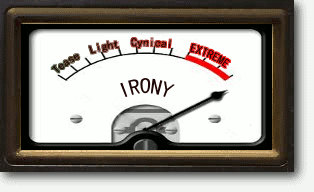- Oct 17, 2011
- 42,400
- 45,532
- Country
- United States
- Faith
- Atheist
- Marital Status
- Legal Union (Other)
Bioscience published the results of a survey of 1100 Americans, asking them 25 content knowledge questions about evolution. Not surprisingly, people with more knowledge about evolution (answering questions accurately) were more likely to accept evolution.
The study also asked about religious intensity and political affiliation. The same positive correlation between knowledge and acceptance existed, but the curves follow different trajectories based on these other criteria.
Summary of results available from SciAm.

Also covered in Science Daily.
"We find the traditional relationship between your religious beliefs and evolution, and between your political beliefs and evolution, but we also find that those are not the only factors that matter," said Deena Weisberg, a senior fellow in Penn's psychology department in the School of Arts and Sciences. "They do matter, but if you know more about evolutionary theory, if you understand it better, you're more likely to accept it."
The study also asked about religious intensity and political affiliation. The same positive correlation between knowledge and acceptance existed, but the curves follow different trajectories based on these other criteria.
Summary of results available from SciAm.

Also covered in Science Daily.
"We find the traditional relationship between your religious beliefs and evolution, and between your political beliefs and evolution, but we also find that those are not the only factors that matter," said Deena Weisberg, a senior fellow in Penn's psychology department in the School of Arts and Sciences. "They do matter, but if you know more about evolutionary theory, if you understand it better, you're more likely to accept it."


